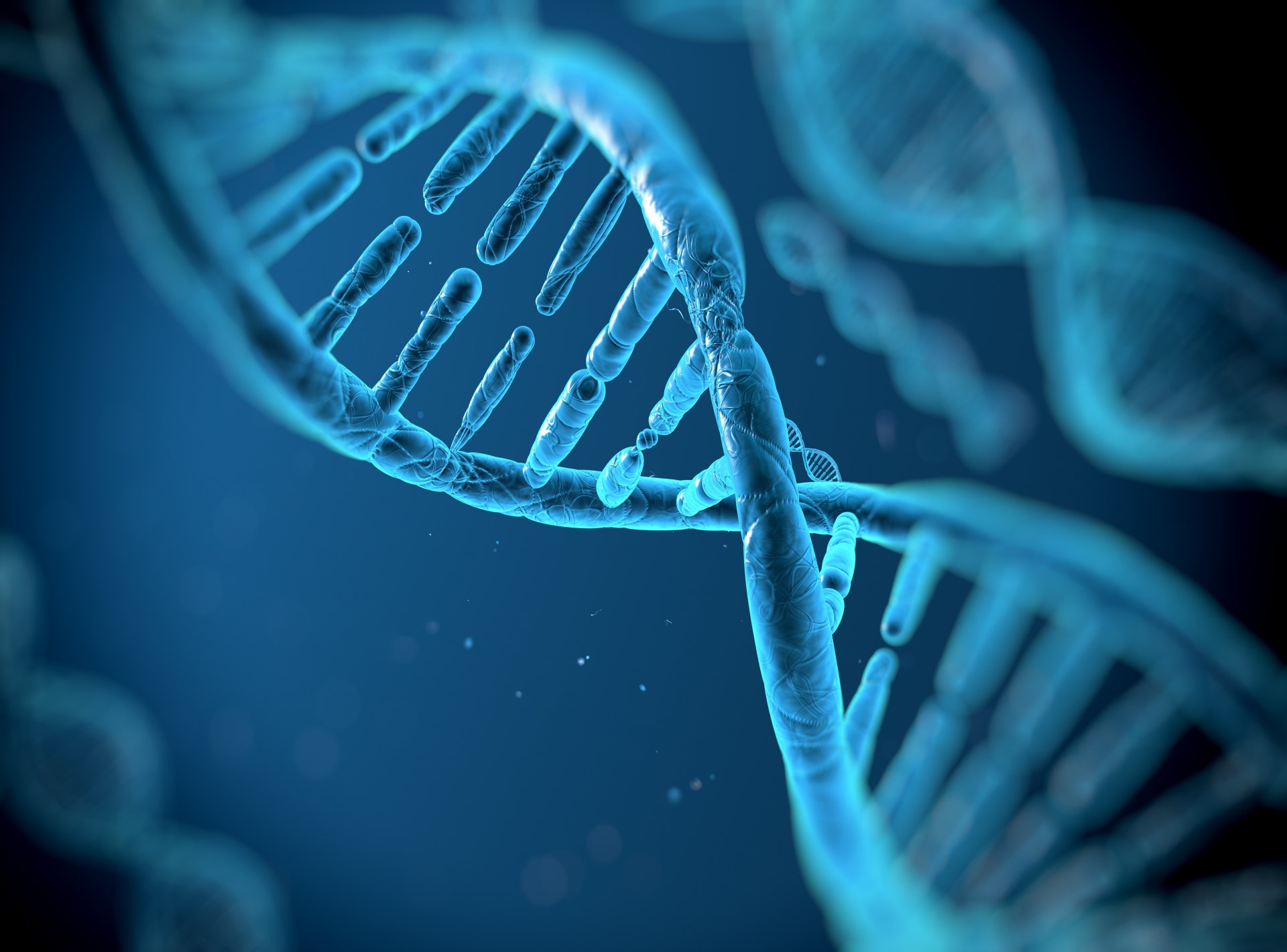
Curtin University’s Professor John Olynyk has played a leading role in establishing a new national patient registry launched in Federal Parliament, which could help improve the lives of Australians living with haemochromatosis.
Curtin Medical School’s Associate Dean, Professor Olynyk, was part of a collaboration of healthcare professionals who worked with Haemochromatosis Australia, the peak patient advocacy group for those who suffer with this disease, to develop the registry.
Haemochromatosis is Australia’s most common genetic disorder, primarily affecting people of northern European descent and sees the body accumulate too much iron, which if left untreated can lead to health complications. It is estimated about 100,000 Australians have the disorder.
Currently, medical specialists in different fields such as rheumatology, gastroenterology, hepatology, cardiology, and endocrinology record patient information in their own systems but, until now, there was no national registry.
Professor Olynyk said the new cloud-based registry will support research into the role iron plays in many related chronic health conditions, including liver disease, arthritis, diabetes, and heart conditions and would also support opportunities for future research into the impact of iron on the brain.
“The benefit of a national patient registry is that not only can it collect valuable information about people who have the specific condition, but it can also provide health outcome data to monitor patient needs and identify health problems that need prompt attention and improve the quality of care,” he explained.
“Haemochromatosis can present with various chronic conditions including liver disease, arthritis and fatigue, the register will assist in accelerating research, driving life-changing discoveries and better patient outcomes, opening up easier recruitment for potential new therapeutic trials.”
Funded by the Australian Department of Health and Aged Care, the registry is a collaborative project between Curtin, Haemochromatosis Australia, QIMR Berghofer Medical Research Institute, Edith Cowan University and the Queensland University of Technology, with support from Australian Red Cross Lifeblood and Hunter Medical Research Institute.
Haemochromatosis Australia spokesperson, Dr Dianne Prince, said the registry would have a profound impact on many people’s lives.
“Living with haemochromatosis is not only challenging but an individual journey, that requires balancing changing symptoms, treatment and the demands of daily life,” Dr Prince said.
“The creation of this national register is a great example of how consumers, researchers, clinicians and individuals afflicted by a disease, can partner together to develop systems which improve care and provide research platforms for the future.”
Visit Haemochromatosis Australia for more information and to register.

